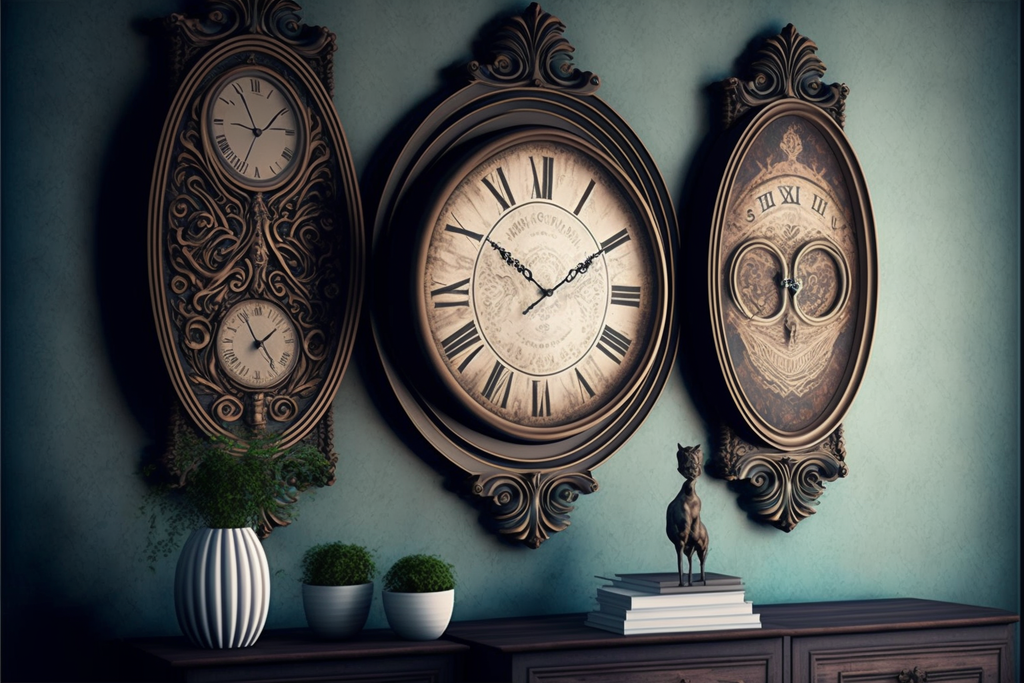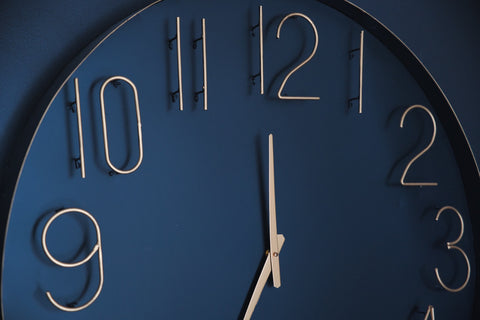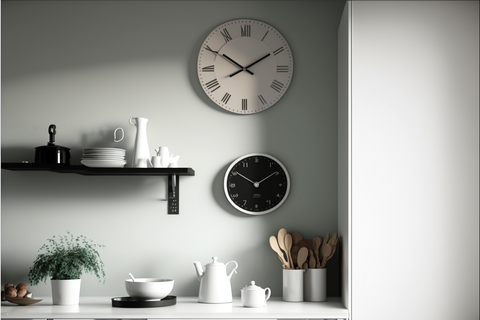The accuracy of a clock is important for many reasons. For some, it is a matter of convenience. They want to know the time so they can be punctual for their appointments. For others, it is a matter of safety. They need to know the time so they can make sure they are not late for work or school. And for still others, it is a matter of precision. They need to know the time so they can coordinate their activities with others. But what makes one clock more accurate than another?
Are Clocks Perfect?
Are clocks perfect? The answer, it turns out, is a little more complicated than you might think. On the one hand, clocks are incredibly precise devices.
They can keep time to within a fraction of a second, and in some cases even a millionth of a second. On the other hand, clocks are also subject to error. They can gain or lose time, depending on a variety of factors, and over long periods of time, these errors can add up. So, are clocks perfect? The answer, it seems, is that they are both perfect and imperfect, depending on how you look at them.

How do You Know One Clock is More Accurate than the Other?
There are a few ways to tell if one clock is more accurate than another. One way is to observe how the two clocks keep time over a period of days or weeks. If one clock consistently loses or gains time compared to the other, then it is less accurate. Another way to compare the accuracy of two clocks is to measure their error against a known reference clock. The clock with the smaller error is more accurate. There are many factors that contribute to the accuracy of a clock, but the most important one is the oscillator. The oscillator is the heart of the clock, and it determines how accurately the clock keeps time. There are two types of oscillators: quartz and mechanical. Quartz oscillators are more accurate than mechanical oscillators, but they are also more expensive. Finally, you can check the manufacturer's specifications to see if one clock is more accurate than the other.
How does a Clock Measure One Second?
A clock is a device that measures time. Time is the interval between two events. The most common unit of time is the second. One second is the time it takes for a certain number of vibrations to occur.
Clocks have been around for thousands of years. The first clocks were probably sundials. A sundial is a device that uses the position of the sun to tell time.

The first mechanical clocks were invented in the 14th century. These clocks used a weight or a water level to power a device that kept track of the time.
Nowadays, clocks are powered by electricity.
Electric clocks work by counting the number of vibrations of an electric current. This current is usually produced by a quartz crystal.
Quartz crystals vibrate at a very precise rate, so they are perfect for keeping time.
One second is a relatively short amount of time, but it is still important to be able to measure it accurately.
Clocks are essential for keeping track of time, and they have come a long way since the first sundials.
Conclusion
The most accurate clocks are those that are made with the most precise materials and with the most advanced technology. However, these clocks are also usually the most expensive.
 If you need an accurate clock, but don't want to spend a lot of money, you can try looking for a used or vintage clock.
If you need an accurate clock, but don't want to spend a lot of money, you can try looking for a used or vintage clock.These clocks may not be as accurate as the newest models, but they can still be quite accurate.
FAQ
What makes a clock accurate?
There are a few things that make a clock accurate.
- First, the clock needs to be properly calibrated. This means that the clock needs to be set to the correct time, and then adjusted so that it keeps time accurately.
- Second, the clock needs to have a good quality movement. This is the mechanism inside the clock that actually keeps time.
- Finally, the clock needs to be kept in a stable environment. This means that it should not be subject to sudden changes in temperature or humidity, as this can cause the clock to lose or gain time.
Which is the most accurate clock and why? Atomic clock
There are 3 different types of clocks, each with its own advantages and disadvantages. The most accurate clock is the atomic clock, which is used in many scientific and technological applications. Atomic clocks are incredibly accurate, and can keep time to within a few nanoseconds. They are also very stable, meaning they don't lose or gain time over long periods of time. However, atomic clocks are also very expensive, and are not practical for everyday use.
What are the two most accurate clocks? Atomic and optical clock
The two most accurate wood clocks are the atomic clock and the optical clock. The atomic clock is the most accurate clock in the world, and it is used to keep time to international standards. The optical clock is also incredibly accurate, and it is used to measure the passage of time for scientific research.
Why do clocks lose accuracy over time?
There are many reasons why clocks may lose accuracy over time.
- One reason is that the gears inside the clock may become worn down, causing the clock to run slower.
- Another reason is that the clock may be exposed to extreme temperatures, which can cause the clock to run faster or slower.
- Finally, the clock may simply be old and in need of repair.
ABOUT THE AUTHOR
Fred Felton
Content Creator / Editor
Fred Felton is a copywriter, editor and social media specialist based in Durban, South Africa. He has over 20 years of experience in creating high end content. He has worked with some of the biggest brands in the world. Currently Fred specialises in the wooden arts and crafts space, focussing on innovative wooden product design. He is also a keynote speaker and has presented talks and workshops in South Africa.






